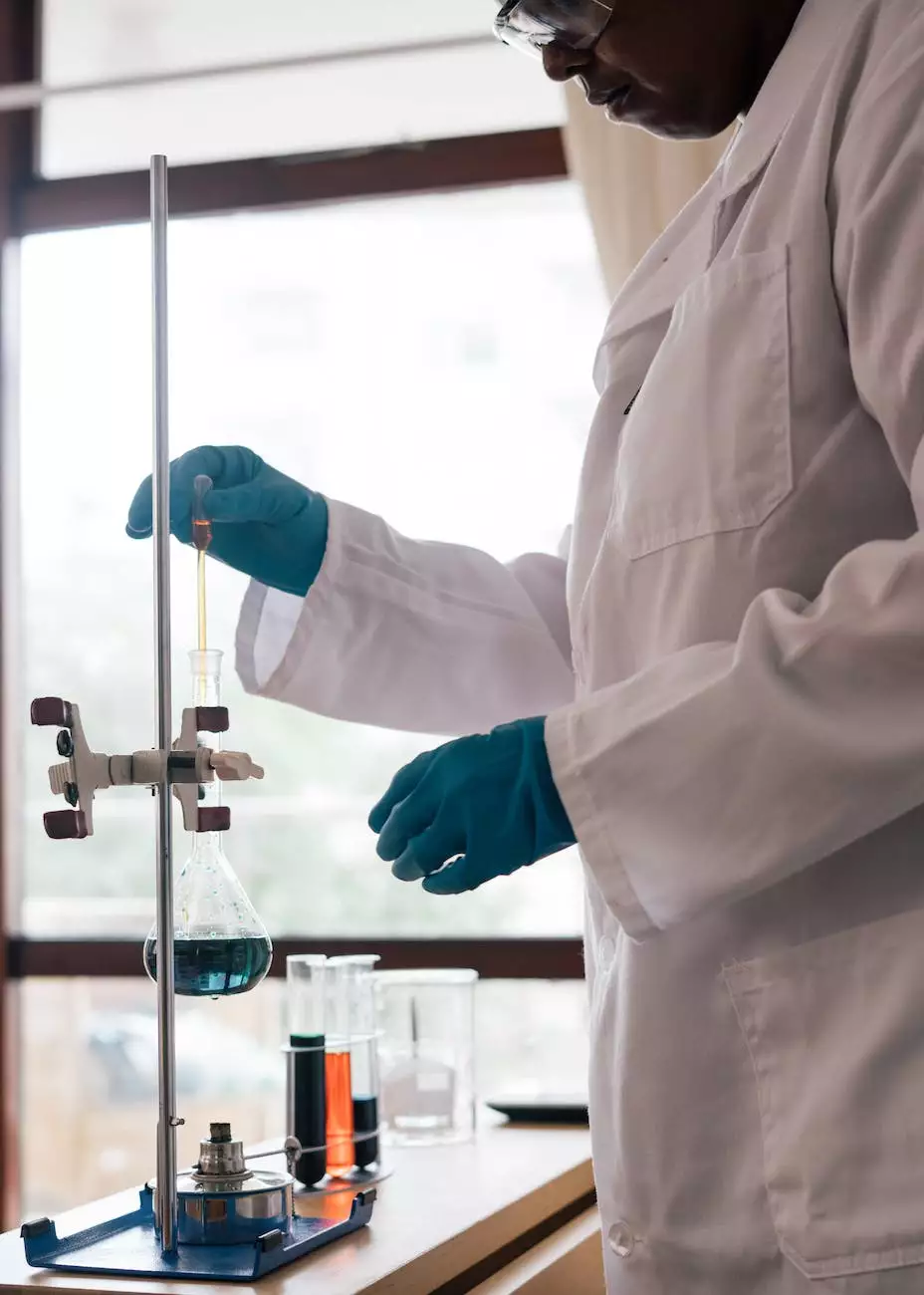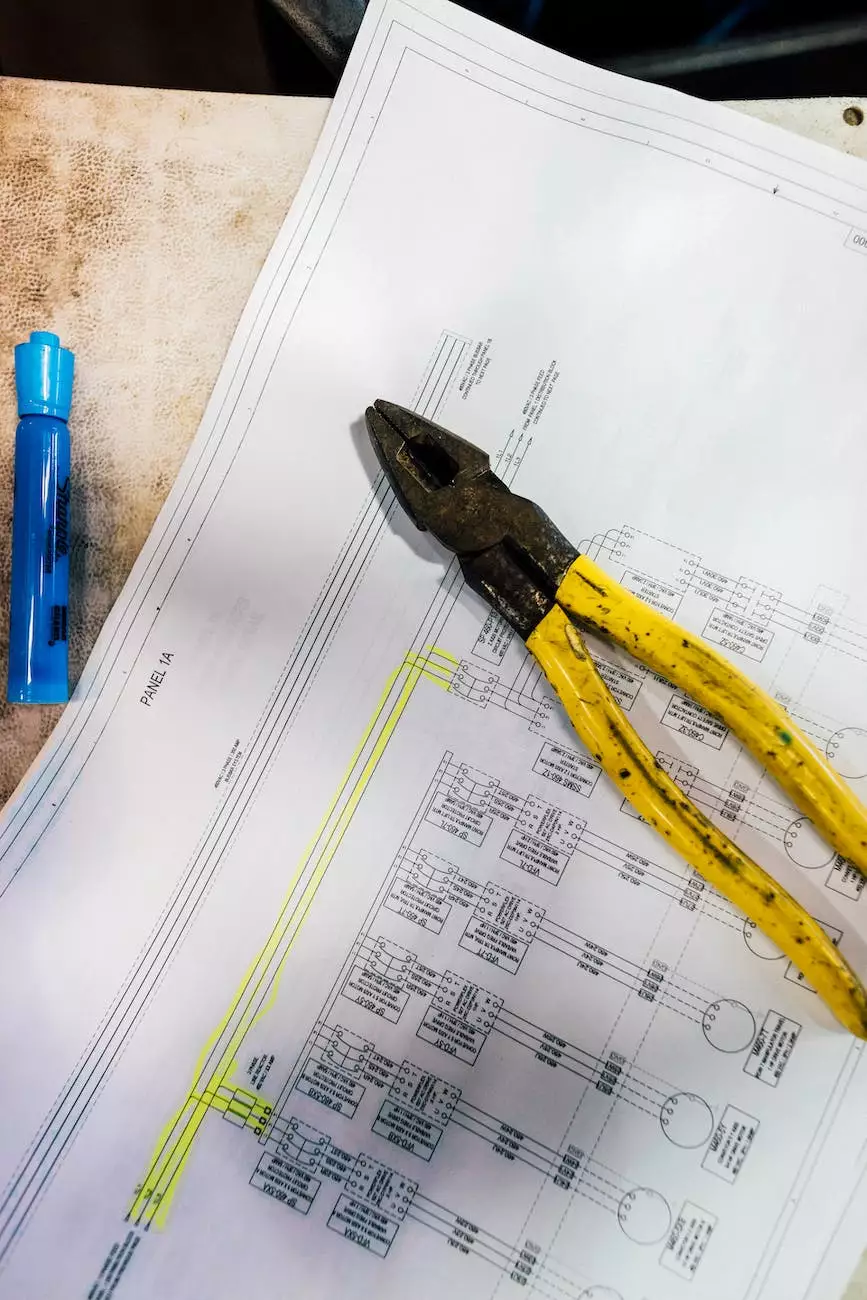A Guide on How to Become a Pharmacy Technician
In-demand Healthcare Professions
If you are interested in pursuing a career in the pharmaceutical industry and want to play a vital role in assisting pharmacists and patients, becoming a pharmacy technician can be a rewarding path to take. Pharmacy technicians are essential members of the healthcare team, responsible for dispensing medications, providing customer service, and performing various administrative tasks.
Why Choose a Career as a Pharmacy Technician?
With the ever-growing demand for healthcare services, the need for pharmacy technicians is on the rise. As the population continues to age and new medications are constantly being developed, the importance of qualified pharmacy technicians cannot be understated.
A career as a pharmacy technician can offer stability, job security, and opportunities for growth. Whether you're just starting your career or looking for a change, this profession provides a steady income and a chance to make a meaningful impact on people's lives.
Qualifications and Skills Required
Pursuing a career as a pharmacy technician requires a specific set of qualifications and skills. While the exact requirements may vary depending on the country or state, the following are commonly expected:
- Education: Most pharmacy technician programs require a high school diploma or equivalent. Some employers may also prefer candidates with post-secondary education in pharmacy studies.
- Training and Certification: Completing a recognized pharmacy technician training program is often a requirement. These programs equip individuals with the necessary knowledge and skills related to pharmacy practices, medications, and pharmaceutical calculations. Additionally, obtaining certification from a nationally recognized organization, such as the Pharmacy Technician Certification Board (PTCB), can demonstrate competence and enhance employment prospects.
- Attention to Detail: Pharmacy technicians must have a keen eye for detail and accuracy in their work. They are responsible for measuring and dispensing medications, ensuring the correct dosage and labeling, and maintaining precise records.
- Customer Service: As a pharmacy technician, you will interact with patients on a daily basis. Excellent communication and interpersonal skills are crucial in providing exceptional customer service, addressing inquiries, and ensuring patient satisfaction.
- Organizational Skills: Managing inventory, maintaining records, and coordinating with pharmacists require strong organizational skills. Pharmacy technicians should be able to work efficiently, prioritize tasks, and ensure smooth operations within the pharmacy.
- Ethics and Confidentiality: Adhering to ethical standards and maintaining patient confidentiality are fundamental responsibilities in the pharmaceutical industry. Pharmacy technicians need to understand and abide by legal and ethical guidelines, respecting patient privacy and confidentiality.
Steps to Becoming a Pharmacy Technician
1. Educational Preparation: Start by obtaining a high school diploma or equivalent, which is typically a prerequisite for pharmacy technician training programs. Consider taking courses in areas such as chemistry, biology, and mathematics to develop a strong foundation for your future studies.
2. Pharmacy Technician Training Program: Research and enroll in an accredited pharmacy technician training program. These programs are designed to equip you with the necessary knowledge and skills to excel in the field. Topics covered may include pharmaceutical calculations, pharmacy law and ethics, medication safety, and more.
3. Gain Practical Experience: Many pharmacy technician programs include hands-on training or internships, providing valuable real-world experience in pharmacy settings. Take advantage of these opportunities to further develop your skills and gain practical knowledge of the profession.
4. Obtain Certification: While certification may not be mandatory in all regions, obtaining certification can significantly enhance your employability and open doors to better job prospects. The PTCB certification, for example, is widely recognized and demonstrates your commitment to professionalism and competence.
5. Job Search and Career Advancement: Once you have completed your education and obtained the necessary certification, start your job search in various healthcare settings, including retail pharmacies, hospitals, and long-term care facilities. As you gain experience and expertise, you can explore advanced roles or specialties within the field, such as compounding or sterile products.
Conclusion
Becoming a pharmacy technician requires dedication, a strong educational foundation, and a commitment to providing quality patient care. By following the steps outlined in this comprehensive guide, you can embark on a fulfilling career in the pharmaceutical industry. Remember, continuous learning and staying updated with the latest advancements in the field are essential to thrive as a pharmacy technician. Start your journey today and make a meaningful difference in the lives of others!



